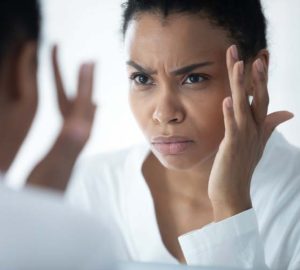When I ask a room full of teenagers how many of them have a hard time falling asleep at night, almost every hand goes up. This confirms research showing that as students get older, sleep hours decline. There also is evidence of increased daytime sleepiness, daytime napping, weekend oversleeping, and excessive caffeine consumption. And most disturbing are the health and behavioral consequences linked to restricted sleep: increased risk of car crashes, delinquent behaviors, depression, substance abuse, and psychological stress along with negative impact on attention, memory and school performance.
Several culprits have been blamed for this sleep shortage. The onset of puberty resets a teen’s internal biological clocks forward one to two hours, making it difficult for them to nod off until later and to be ready for school in the morning. In addition, after-school jobs, high academic demands, caffeine intake and electronic media usage all add to the problem. Technology multitasking is one of the most egregious offenders in disruptive sleep. The screens produce enough light to suppress melatonin levels and make it more difficult to doze off.
One factor I also hear over and over is how hard it is for teens to settle into sleep. They have become experts at multitasking, being busy, and distracting themselves from not thinking about things that are bothering them. Then when the lights go out, they are alone and quiet for the first time all day. And all of those thoughts and feelings they have suppressed come bubbling up to the surface and are hard to shut off. So they toss and turn.
One solution would be to reset the starting time of high school to 9 a.m. or later. Research on performance in schools that have tried this approach show improved attendance, decreased tardiness, better academic records and better standardized test scores.
We also need to teach kids how to slow down, get quiet and spend time reflecting, expressing emotions and processing through issues. I encourage teens to make a regular practice each evening before bed of using tools like journaling, writing songs, poetry or stories, using art to express their thoughts or feelings, coloring in mandalas, yoga or meditation. Adolescents also need to figure out which practices interrupt their sleep: caffeine? texting? TV? late phone calls?
We’ve all experienced getting caught up in multitasking on screens to the detriment of our peace of mind. It is incredibly hard to get teens to unplug because they are so afraid of missing out on anything social. But becoming aware of the negative consequences of not getting enough sleep might motivate them, as will parents modeling healthy sleep behaviors.
[Tim Jordan, M.D., is a behavioral pediatrician who specializes in counseling girls ages 6 through college. For more information, visit drtimjordan.com.]








